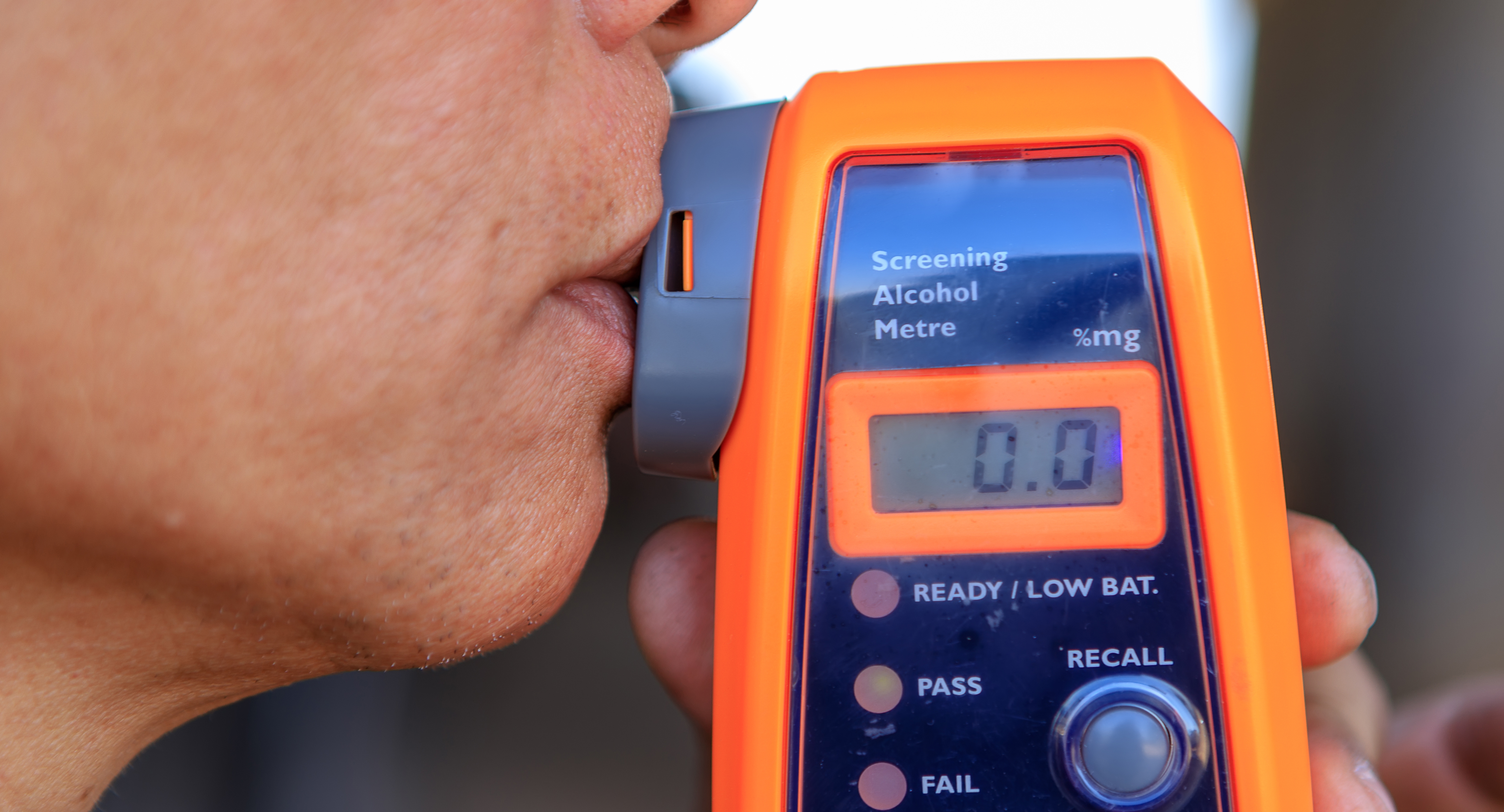Not only can a DWI in Texas take a toll on your driving record, but it can cause serious consequences for your car insurance. If you’ve been convicted of DWI in Texas, you could see your car insurance rates go up by 50% or more.
Auto Insurance Consequences of a DWI Offense in Texas
Following a DWI conviction in Texas, you can pretty much count on a rise in your auto insurance premium. How much the increase will be depends in part on whether you had a clean driving record or spotty driving record before the DWI, as well as how your insurer calculates premiums.
So, let’s say your driving history includes no accidents or speeding tickets, and the DWI conviction is the only negative mark on your driving record. If that’s the case, the hit that your car insurance takes might be minimal. But if you’ve already racked up accidents, traffic violations or both, a DWI could cause your car insurance to take a huge hit.
A car insurance company might even drop you as a policyholder following a DWI. Why? Because the company views you as too much of a risk. More risk can translate into more insurance claims, and more insurance claims lead to higher costs for an auto insurer. Not all auto insurers will cancel coverage for a driver with a DWI, though.
Car Insurance Rates After a DWI
Estimates vary regarding how much your car insurance rates can go up after a DWI in Texas.
Insurance.com reports that the average hike in car insurance rates following a Texas DWI is 64%. The Zebra, an insurance marketplace, estimates the increase is 54%, and Bankrate, a personal finance website, puts the figure at 50%.
Using Bankrate’s estimate, the average Texas driver convicted of DWI would see their annual premium for full-coverage car insurance (liability, comprehensive and collision coverage) jump from $2,019 to $3,026. That’s an annual difference of $1,007. As of September 2023, that $1,007 difference would have been almost enough to cover one month of rent for a one-bedroom apartment in San Antonio.
On average, a DWI raises insurance rates in Texas by 58%.
How Long Do DWI Convictions Influence Auto Insurance Costs?
DWI convictions can influence your Texas auto insurance costs for as long as 10 years. However, most insurers in Texas stick to a three- to five-year window for looking at DWI convictions.
How to Find Auto Insurance After a DWI in Texas
Because you’ll likely end up paying more for auto insurance after a DWI in Texas, you should carefully choose an insurance company if your current insurer drops you as a policyholder.
You might start your search by looking at an insurer’s reviews. For example:
- The Bankrate personal finance website rates GEICO, State Farm and Allstate as the best overall car insurers in Texas.
- The ValuePenguin personal finance website names Texas Farm Bureau, USAA and State Farm as the best car insurers for affordable coverage following a DWI in Texas.
- The J.D. Power 2023 U.S. Auto Insurance Study finds that AAA tops the list for customer satisfaction among Texas policyholders, followed by State Farm and Texas Farm Bureau.
Then, you should explore an insurer’s prices, especially for drivers with DWI convictions. Your selection of a car insurance company should go beyond price, though. Other factors to weigh include:
- Financial strength. Is the insurer financially healthy?
- Customer service. What do policyholders say about how an insurer treats them?
- Coverage options. Does the insurer’s menu of coverage options match your needs?
- Discounts. Would you qualify for any discounts that might offset the high price of car insurance following a DWI?
The Insurance Criteria Following a DWI
Criteria that affect the cost of car insurance after a DWI in Texas include:
- Your DWI history. After a DWI appears on your record, an insurer will consider whether this is a first-time conviction or a repeat conviction, how many DWIs have you altogether and how long ago the DWI conviction happened when it sets your rates. This review will help determine how much your car insurance rates go up or, worse yet, whether the insurer will continue covering you.
- Your driving history. Accidents and moving violations, such as speeding tickets, can bump up your car insurance rates. A DWI on your record usually is far more costly.
- Your age. Drivers who are 24 or younger tend to pay higher rates than drivers in other age categories do. When a driver hits their mid-70s, they typically see their rates go up again.
- Your gender. Men generally pay more for car insurance than women do. That’s because men are viewed as riskier drivers than women.
- Your driving patterns. The more miles you log, the more you might pay for insurance.
- Your car. Some cars cost more to insure than others. For instance, a newer car with a higher value might cost more to insure than an older car with a lower value.
- Your insurance company. Insurers use different criteria for setting rates. For example, some insurers rely heavily on credit-based insurance scores when figuring out how much you’ll pay for coverage. Texas is among 47 states that allow the use of credit-based insurance scores.
The SR-22 Certificate in Texas
Certain driving convictions in Texas, including DWIs, require a driver to obtain what’s known as an SR-22 certificate. This certificate provides proof that a driver has at least the minimum amount of auto liability insurance that the State of Texas demands:
- $30,000 of bodily injury coverage per person injured in an accident
- $60,000 of bodily injury coverage per accident
- $25,000 of property damage coverage per accident
In the case of a DWI conviction, an SR-22 is required because the conviction could trigger suspension of the driver’s license for up to two years.
The certificate, issued by a car insurance company, must be filed with the Texas Department of Public Safety. Not all insurers provide S-22 certificates, though. If you are able to get an SR-22 from your insurer, they may charge a fee of $15 and $50 to file it.
The state Department of Public Safety may take up to 21 business days to process a driver’s SR-22.
If you don’t own a vehicle, you can obtain a non-owner SR-22 if you need to reinstate your driving privileges and meet the state’s requirements for auto liability coverage.
In Texas, you must maintain a valid SR-22 for two years after your most recent conviction. Failure to maintain an SR-22 for that two-year period might trigger additional penalties or fees.
Tips for Lowering Auto Insurance Rates After a DWI
To decrease your auto insurance rates after a DWI, follow these tips:
- Shop around. Compare quotes from at least three auto insurance companies when it’s time to obtain or renew coverage. Some insurers specialize in covering high-risk drivers, such as those convicted of DWI.
- Ask about discounts. You may be able to score an auto insurance discount if you sign up for paperless billing or bundle your car insurance with homeowner’s or renter’s insurance, for instance.
- Maintain a good driving record. Being a safe driver — especially avoiding another DWI — may stop your rates from going up even more.
- Drop unneeded coverage. Getting rid of coverage you don’t need can lower your car insurance rates. For example, if your car is paid off, you might consider dropping comprehensive and collision coverage, which is not required under state law.
- Increase your deductible. Raising your deductible from $250 to $2,500 can save an average of $498 a year on car insurance, according to USA Today Blueprint research. Keep in mind that a higher deductible means you’ll pay more out of your pocket after an accident claim is approved.
The Best Strategy for DWI Charges in Texas
A DWI arrest can rattle your nerves, and a DWI conviction can follow you for years. Getting the best legal advice after a DWI arrest can help ease the impact. Among other things, a defense attorney who handles DWI cases can:
- Request a court hearing to block administrative suspension of your driver’s license.
- Recommend whether you should plead guilty or innocent.
- Ask that questionable evidence be kept out of your case.




